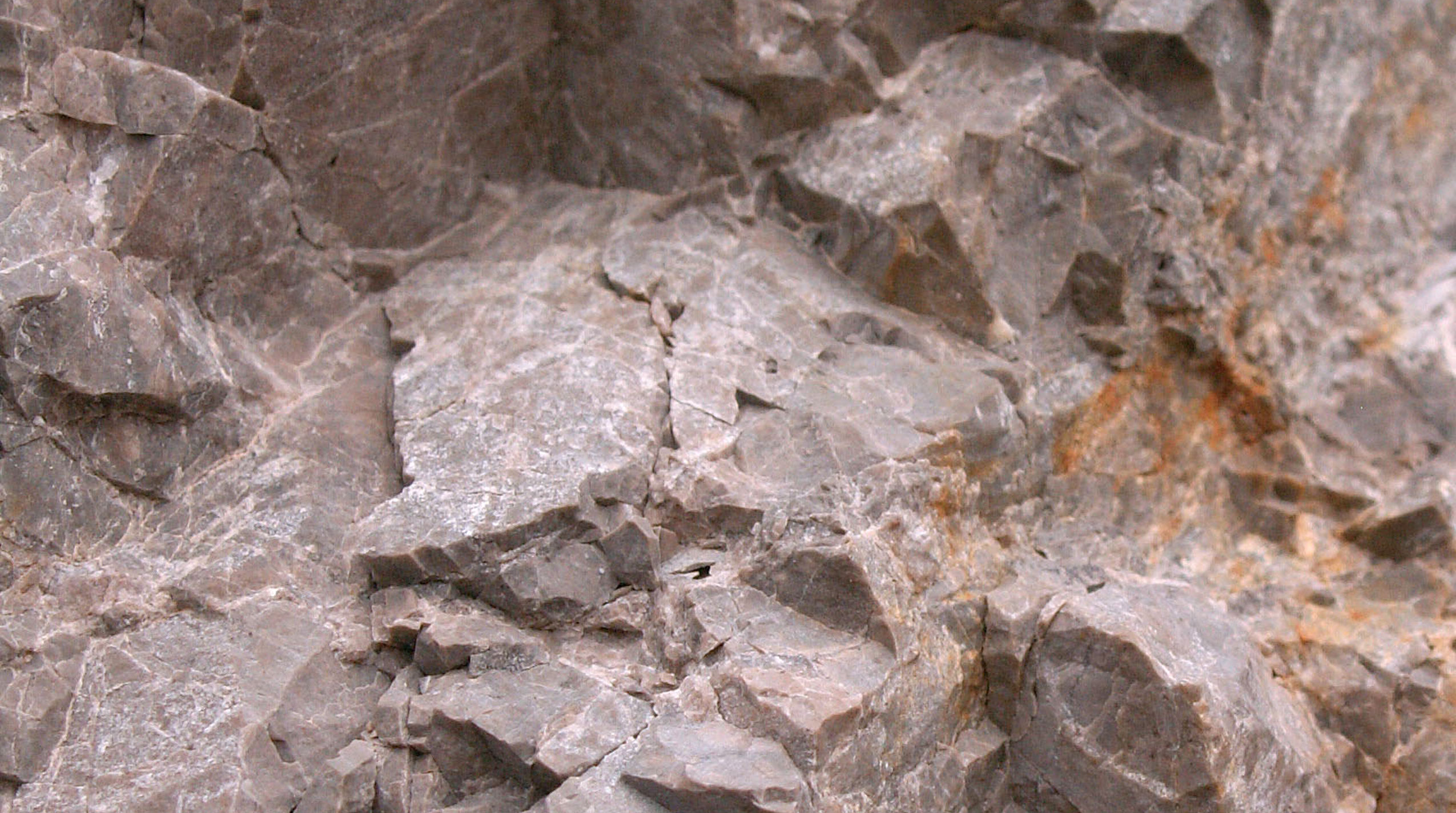Ah, the Dolomites! Not only passionate mountaineers let out a longing sigh at the thought of these special mountains. We actually don't know anyone who doesn't think our landscape is beautiful to the bone. And that's exactly what we should do more often: Crouch down and look closely. Like when we were children. When every blade of grass and every creepy-crawly animal was a little miracle. When did we actually stop looking at the world around us as an inexhaustible source of curiosity? Sure, tax returns, parents' evenings and time spent on hold with the telephone provider have their appeal too. But come on, let's leave the adult stuff aside and devote ourselves to that word that has brought us humans this far: The "why".
A true stone kingdom
The stone that is perfectly suited for a kick-off to "becoming a child again" is: dolomite. This carbonate rock takes its name from a gentleman named Déodat de Dolomieu, a French geologist who fell madly in love with the "pale mountains" of South Tyrol in the early 1790s and wrote extensive treatises. When he died in 1801, his fellow geologists honoured him and gave the mineral his name. Even if one would like to believe that the mountains have always been there, their origin lies where one would not expect it: Namely in the sea. The fact is: where chamois and marmots flit about today, fish, shells and lots of corals once cavorted. You have to imagine that: The Alpe di Siusi was once a coral reef. If you know where to look, you can still find proof of this today: the so-called cow's tread mussel turns up quite frequently as a fossil at the base of the rock walls. The area of the Alpe di Siusi is almost something like a geological cabinet of wonders, a paradise for mineralogists. A good introduction to this incredibly complex but extremely fascinating "stone kingdom" is a visit to the Visitor Center Nature Park Schlern-Rosengarten Seis. At this point we would like to suggest a little trick to you, if your better half is again insisting on coral reefs when planning a holiday: just say you're going to the Tethys Sea together. You don't necessarily have to tell them that it hasn't existed for a few million years.

